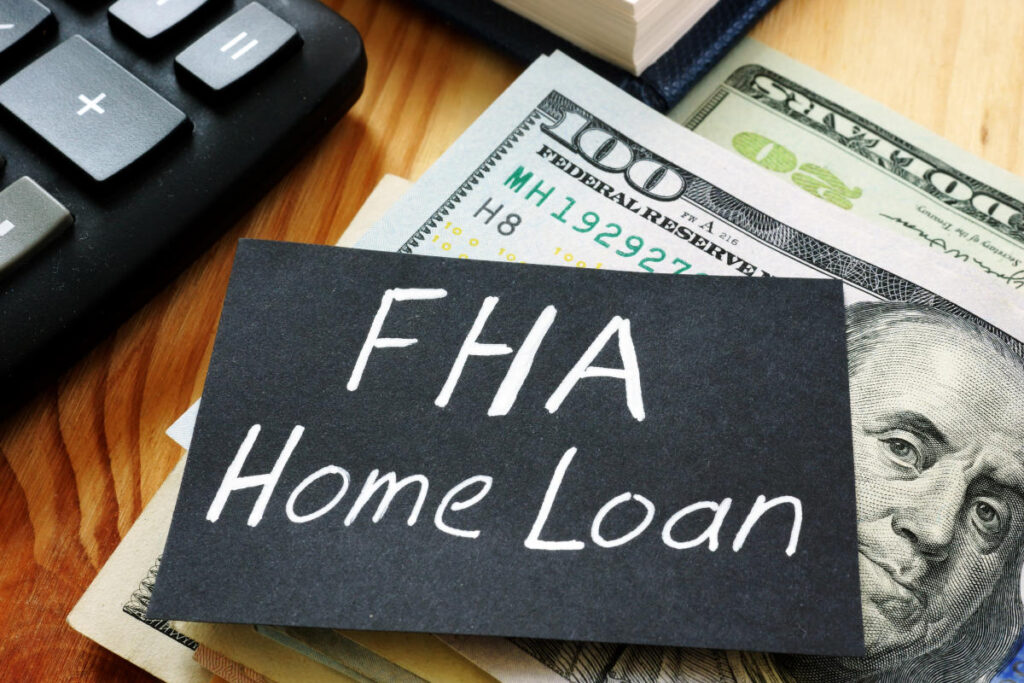FHA loans provide essential support for potential homeowners by offering government-backed mortgages designed for borrowers with limited down payment funds and less-than-ideal credit scores. The Federal Housing Administration (FHA) imposes annual limits on borrowing amounts that adapt to the changing landscape of national home prices. For 2025, these limits have increased almost by $26,000 from the previous year in response to the rising costs of housing across the U.S. The criteria that govern these limits propose that borrowers must keep in mind that while the FHA sets a maximum borrowing limit by county and property type, individual lenders evaluate the credit scores, income levels, and various financial factors of applicants to determine their personalized borrowing capacity.
The structure of FHA loan limits is shaped by the National Housing Act, with a formula derived from the national conforming loan limit established by the Federal Housing Finance Agency (FHFA). For one-unit properties in 2025, this limit is set at $806,500, and the FHA’s minimum loan limit stands at $524,225, which is 65% of the national conforming loan limit. Notably, in high-cost areas, the limits can reach as high as $1,209,750, emphasizing the need for potential buyers in such regions to consider their financing options carefully. Such metrics indicate that while FHA loans provide substantial borrowing limits, they can still fall short for buyers looking at higher-priced properties, making conforming loans a potentially more attractive option in some cases.
In addition to the loan limits, aspiring borrowers must meet several specific eligibility requirements to secure an FHA loan. Firstly, credit score and down payment requirements dictate much of the borrowing process. If an individual has a credit score of at least 580, they may qualify for a down payment as low as 3.5%; however, those with scores between 500 and 580 might need to provide a down payment of 10%. Moreover, lenders examine the debt-to-income ratio (DTI) of applicants, typically seeking a DTI ratio below 43%, although some lenders are open to higher ratios depending on other strengths in an applicant’s financial situation. Additionally, while FHA loans do not have explicit income requirements, lenders consider myriad factors, including DTI and monthly expenses, to determine an applicant’s capacity to handle mortgage payments.
An essential component of obtaining an FHA loan is understanding the obligation tied to mortgage insurance. Borrowers are required to pay mortgage insurance premiums (MIPs) both upfront and ongoing, regardless of their down payment amounts. Typically, the upfront MIP is calculated at 1.75% of the total loan amount, payable at closing, while the annual MIP is integrated into monthly mortgage payments and can fluctuate based on various factors such as the loan term and loan-to-value (LTV) ratio. Such financial obligations represent an important aspect of the overall cost of acquiring an FHA loan and should be weighed against other alternatives available to the borrower.
While FHA loans are instrumental in making homeownership achievable for individuals with fewer financial resources, the prospect of securing such loans warrants careful consideration. First, because of strict property appraisal standards required by the FHA, prospective buyers should be prepared for additional evaluations beyond standard market practices. Therefore, for individuals with credit scores of 620 or higher, exploring alternatives like conventional loans may be beneficial given the potentially lower costs and more lenient requirements associated with them. In addition to conventional loans, programs like VA loans and USDA loans, which offer favorable terms without the necessity of a down payment, can serve as appealing alternatives for eligible borrowers.
Ultimately, borrowers considering an FHA loan must navigate the various aspects of eligibility, borrowing limits, and associated costs carefully. Each individual’s financial status, credit history, and goals will significantly influence the decision-making process regarding the type of mortgage that best suits their needs. The absence of income limits on FHA loans can seem attractive, but potential homeowners should still be mindful of other critical factors such as credit, DTI, and the inherent costs of mortgage insurance when contemplating their financing options. To optimize the chances of obtaining the best mortgage deal, it is recommended to compare various lenders’ terms and prevailing interest rates while considering diverse loan types that may cater to specific financial situations.

